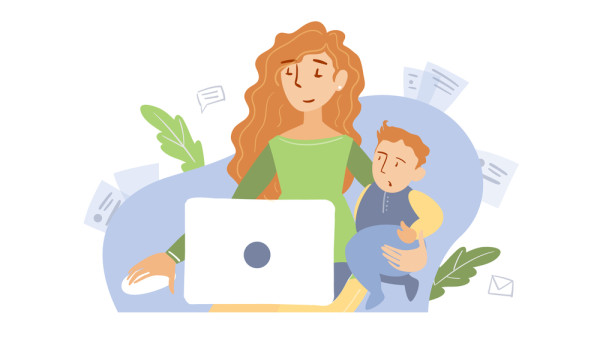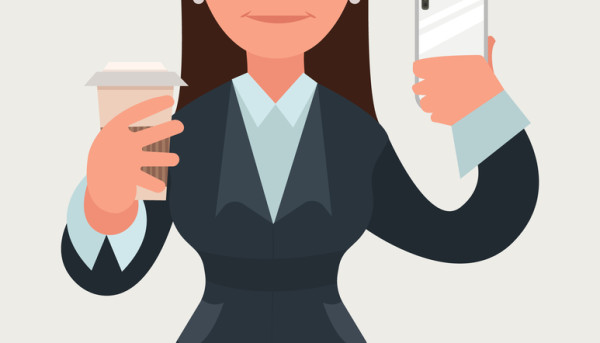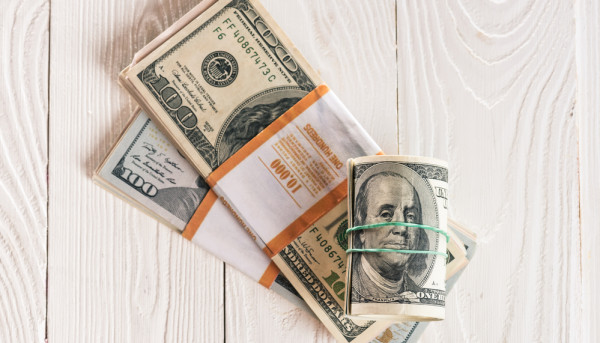The Psychology of Spending - Understanding and Controlling Your Habits
Understanding your subconscious decisions around money can help you take greater control over spending and meet savings targets more easily.
Understanding why you do what you do is key to altering undesirable behavior, from excessive drinking to bidding wars at auctions.
1. Triggers
Identify and control triggers. Your personal relationship with money, family and friends as well as the environment all play an integral part. By understanding and managing these factors you can take charge of your finances.
Spending triggers are any situation or feeling that motivates us to spend beyond our means, such as stress, boredom, the desire to keep up with friends, or an impulse buy. Some deeper-seated triggers may include depression, entitlement or personality disorders - for instance those suffering from Narcissistic Personality Disorder often feel driven to spend in order to compensate for their grandiose sense of themselves. You can identify your own triggers by writing down times and situations where impulse purchases occur and searching for low-cost alternatives which provide similar levels of pleasure - this should help identify which areas need improvement!
2. Reward
Rewarding ourselves often influences our spending behavior. When faced with temptation to make an impulsive purchase such as something on sale, your initial motivation might be more about getting quick satisfaction rather than taking the time to evaluate whether or not this item serves your best interest.
Reward devaluation was one of the earliest ways researchers were able to distinguish habitual from goal-directed behaviors in a lab setting. If a rat has learned to press a lever for reward and continues pressing it even when its outcome becomes irrelevant (such as when its connection has been severed), researchers recognized it as one of the ways they were able to distinguish habitual from goal-directed behaviors in this way.
Apply the same principle to your spending: using a rewards system can keep you motivated towards meeting your budgetary goals while at the same time not breaking the bank. When selecting suitable rewards, choose ones that won't break your budget!
3. Decision
Financial decisions may often be driven by emotion rather than logic, making it crucial to understand the psychological components behind spending and why these can lead to money issues.
Understanding what motivates your emotional spending habits is key to changing them and saving more for the future. Instead of making impulse purchases, try eliminating those triggers altogether and save up.
Decision-making in psychology refers to the process by which one selects an action from various options available to them. According to popular theory, decision making should involve considering expected values (utilities) of all possible options as well as their subjective probabilities of occurring.
Consider your options from both perspectives rather than "either/or." This will enable you to weigh their advantages and disadvantages more objectively while understanding why other people might select different solutions; ultimately leading you to an informed and better-quality decision that meets all your needs.
4. Action
Change your spending behavior is all about understanding its root causes and taking steps to alter them for good - something which will bring financial benefits for years.
Some people equate purchases as social proof; associating new clothes, cars and vacations with their self-worth and status. If this seems like you, try to refocus on your financial goals instead of being dismayed at what your friends or family are buying - instead compare yourself against them because those items were once within reach through saving or borrowing rather than compare yourself with what's within their reach at first glance.
Explore ways of rewarding yourself without spending money, for instance brown-bagging four days out of seven could merit an out-and-about dinner on Friday as a treat. Change can be difficult; but with dedication and the right tools it's certainly achievable; soon you will enjoy both improved financial health and improved emotional well-being.











